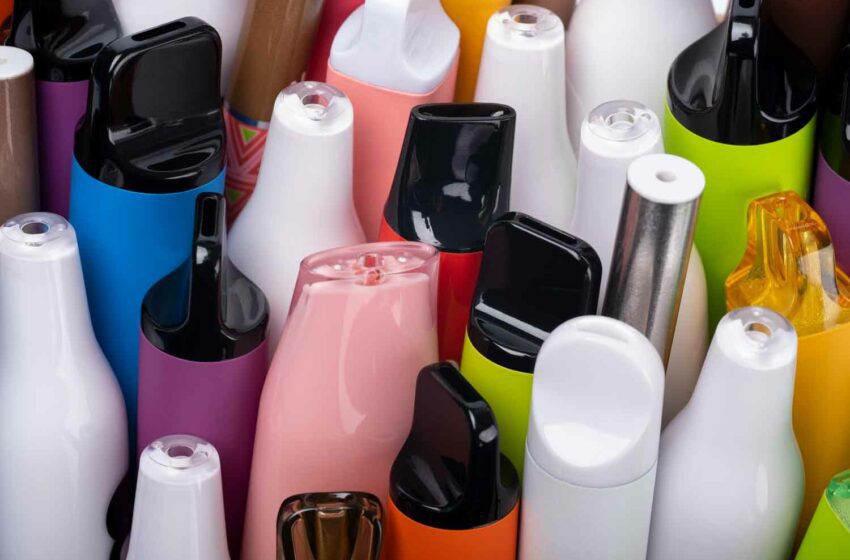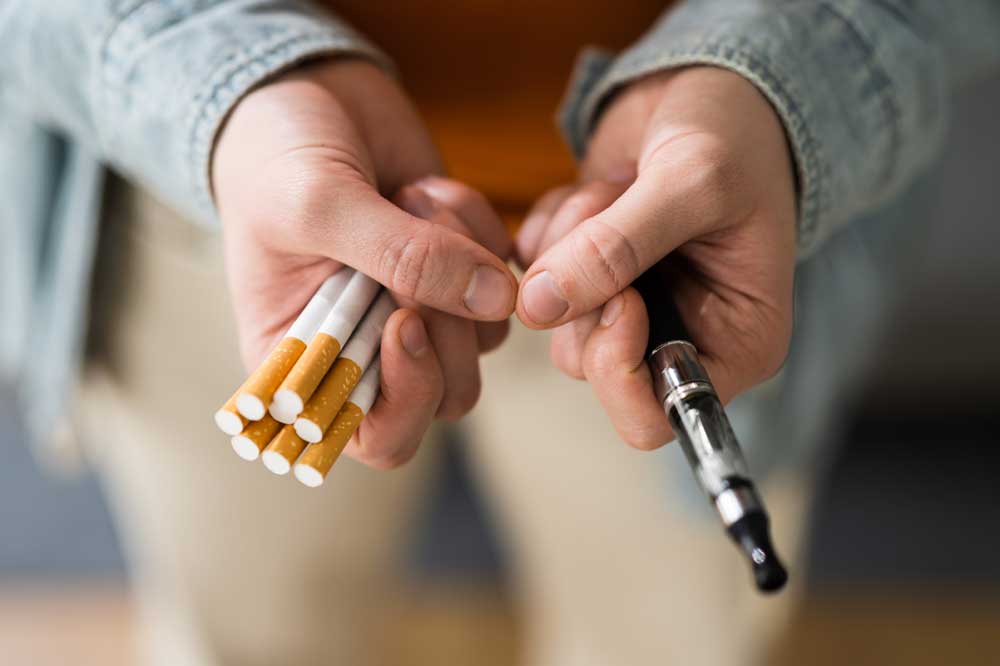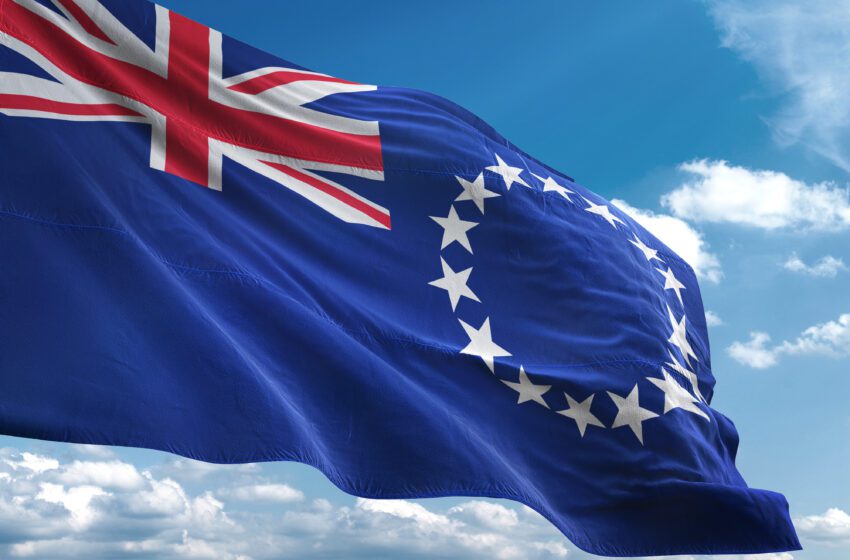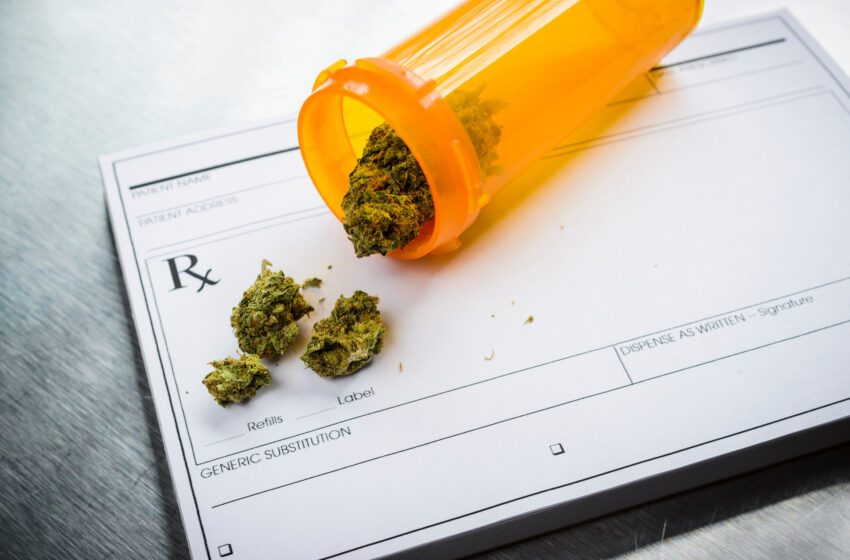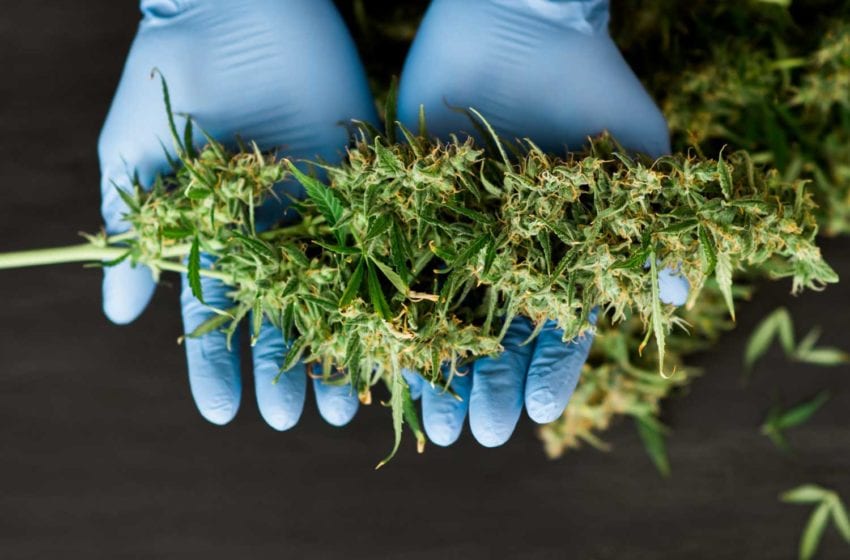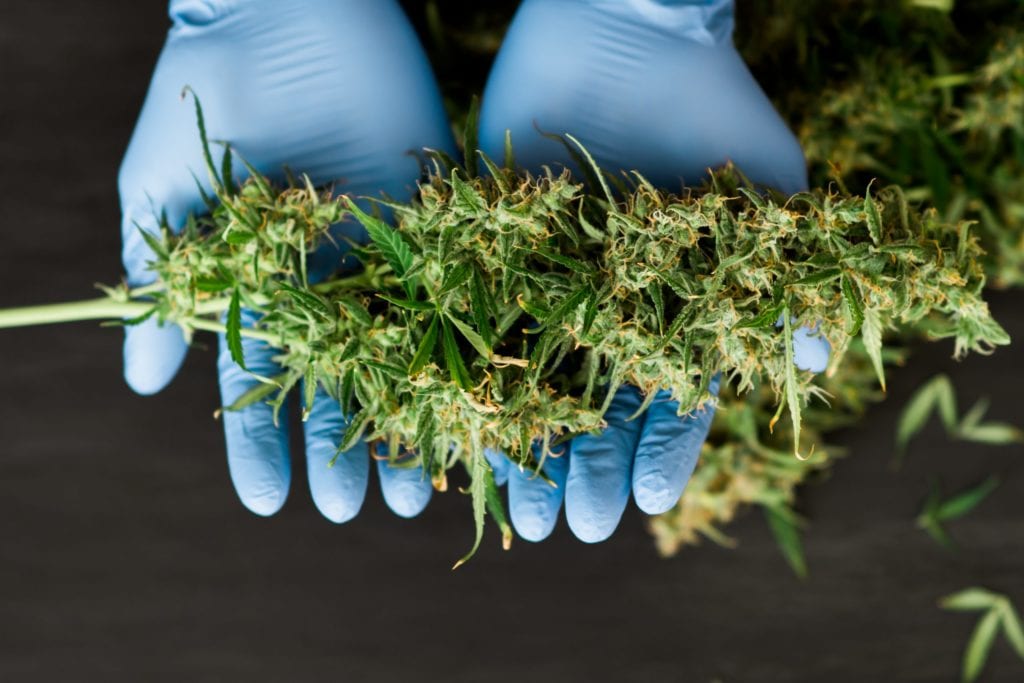
Many smokers fail to understand the comparative risks presented by vapes and traditional cigarettes, according to a new Ipsos survey among 27,000 smokers in 28 countries carried out on behalf of We Are Innovation.
Currently, 74 percent of smokers worldwide mistakenly believe that vaping is either as harmful or more harmful than smoking combustible cigarettes. This misinformation challenges public health messaging about vaping as a safer alternative to traditional smoking methods.
The survey identified countries including Brazil, the Netherlands, Slovenia and Kazakhstan as having the highest proportion of smokers (over 80 percent) incorrectly perceiving vaping as equally or more harmful than smoking tobacco. On the other hand, countries such as Italy, the Czech Republic, France and the United Kingdom exhibited a more accurate understanding, although even in these nations, over half of smokers still hold false beliefs regarding the risks of vaping versus smoking.
“The consequences are grave,” said We Are Innovation CEO Federico N. Fernandez in a statement. “If smokers are under the incorrect assumption that vaping is no better than smoking, they are far less likely to explore potentially lifesaving products as a means to quit harmful combustibles. Misinformation is stifling innovation and obstructing smokers’ ability to escape the clutches of cigarettes.”







